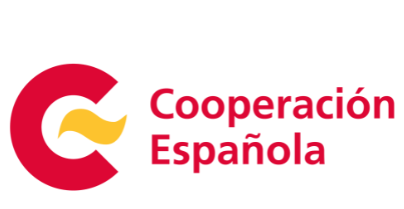At the 2023 Financing for Development Forum on 20 April, H.E. Ms. Rose Pola Pricemou, Minister of Planning and International Cooperation of Guinea, delivered a speech during the Roundtable: Integrated National Financing Frameworks – national actions to raise financing for the SDGs.
Guinea has used the INFF to carry out a financing needs assessment for national SDG implementation. In her speech, Ms. Pricemou shared the country’s next steps for mobilizing and aligning financing for SDG implementation, as well as the financing policy priorities.
She emphasized Guinea's commitment to implementing SDGs through its INFF, outlining strategies to leverage domestic and external resources, streamline public expenses, improve the business climate, foster Public-Private Partnerships (PPPs), and enhance cooperation with development partners.
The speech also highlighted Guinea's financing policy priorities, focusing on strengthening public administration, debt management, economic diversification, inclusive growth, improved governance, and dialogue with development partners for sustainable development.
The full transcript of the speech is attached below.
Chair, ladies and gentlemen, at the outset, I'd like to thank the organisers of this round table, in particular, the Secretariat of the Joint SDG Fund. I thank them for this great initiative of bringing us here to discuss financing for development.
I'd like to recall that in 2015, Guinea aligned itself with the gender 2030 on the SDGs, like most of the UN Member States. This commitment has been seen through the integration of the goals into our national development plans. We're aware of the importance of challenges related to financing for development. Guinea, therefore, is committed to a process of implementing a national integrated financing framework for the SDGs.
To be successful, the government, with the support of the UNDP, evaluated financing for development and we've drawn up a national strategy for integrated financing for the SDGs, the key being a roadmap. Indeed, financing for development in Guinea is based largely on domestic resources and external resources.
By way of domestic resources, these are leveraging public income, streamlining public expenses to promote investment in a more productive manner, leveraging domestic private savings, and borrowing. By way of external resources, these are leveraging ODA, direct foreign investment, and savings of the Guinean diaspora. Financing, in particular in relation to borrowing, is part of a prudent approach.
In terms of accelerating the implementation of the SDGs by 2030, Guinea provides for the following measures: mobilising public income, we have a low yield and administrative income. We are streamlining public expenses to promote productive investment that could accelerate the achievement of the SDGs, especially in energy, health, and education sectors. We're seeking to improve the business climate to attract greater private investment, especially when it comes to PPPs. We are breathing new life into our national strategy for cooperation, for development, to leverage technical and financial resources from bi and multi-lateral partners.
In this respect, Guinea has a project of having a national institute for South-South Cooperation and Triangular Cooperation.
That is, we're implementing these measures and this requires priority actions and we pay particular attention to this, namely strengthening public administration and bodies to use digitisation of procedures to implement strategies for managing debt in the medium term.
We are continuing to diversify our national economy to reduce the fragility of the country. We're ensuring respect for the law and local content to promote economic inclusive growth. We are improving political, economic and financial governance in order to lay the foundations for true sustainable development. We also seek to improve dialogue between the government and partners in development in line with the principles of shared responsibility when it comes to assistance.
There are existing opportunities for financing and investment, but we're also looking for new ways to ensure the successful implementation of sustainable development for a better and more stable world.
I thank you.




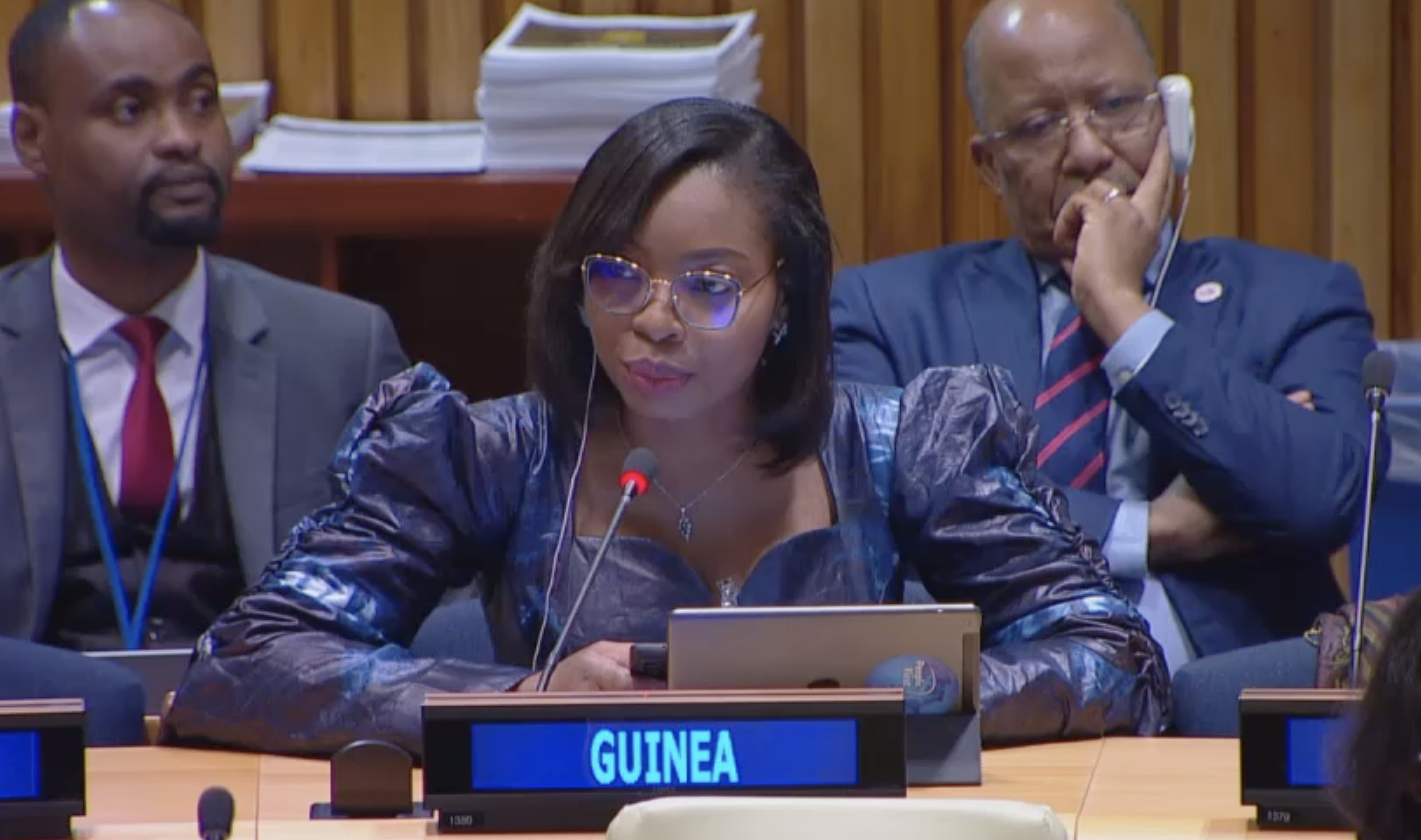


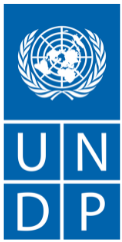

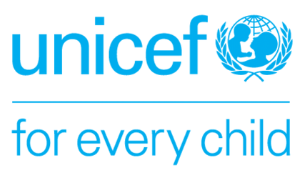

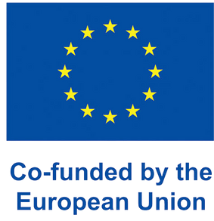
.png)

